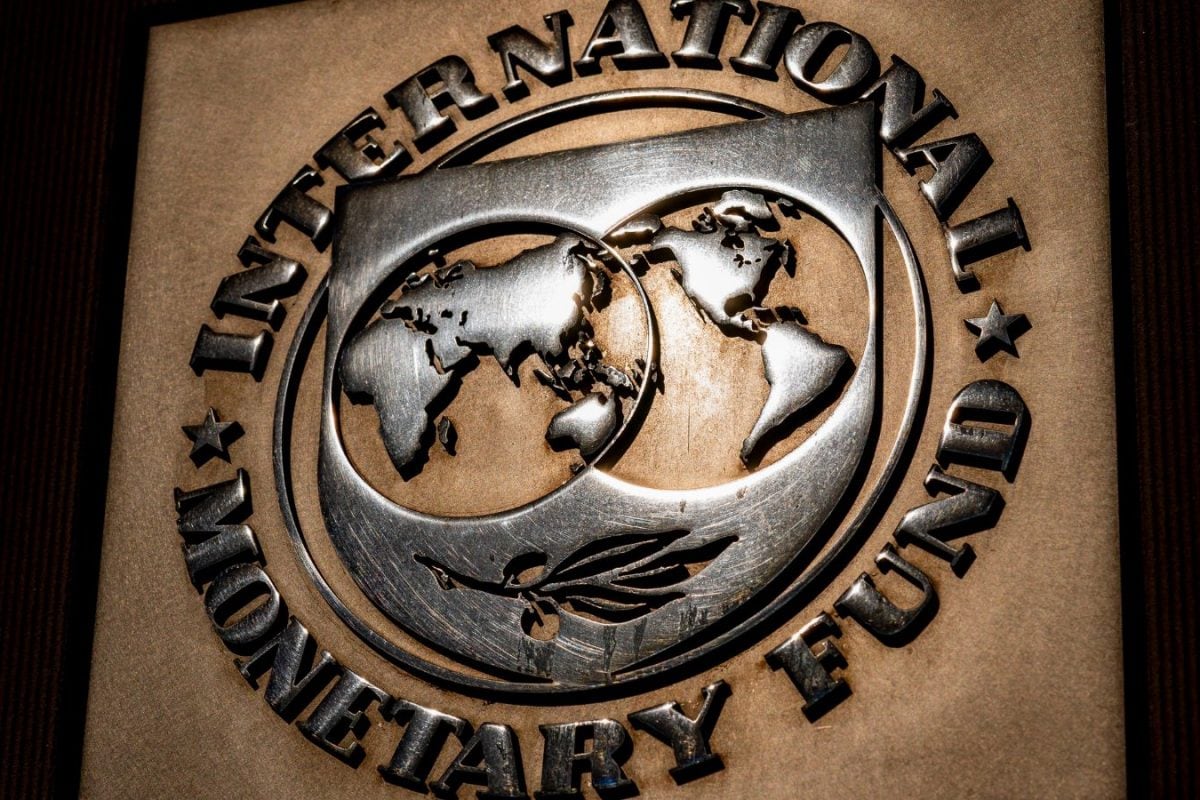

India has formally objected to the International Monetary Fund (IMF) extending further financial assistance to Pakistan, citing concerns that the funds could be misused to finance cross-border terrorism. The objection was raised on May 9, 2025, during an IMF board meeting convened to review Pakistan's progress under a $7 billion loan program.
India's stance is based on its long-held অভিযোগ that Pakistan has not taken sufficient action to curb terrorist activities within its borders and that previous IMF bailouts have not resulted in meaningful economic reform. Indian officials have pointed to Pakistan's history of borrowing from the IMF, with a "poor track record of implementation and adherence to the IMF's program conditions". Since 1989, Pakistan has received IMF disbursements in 28 years, including four programs in the last five years.
Foreign Secretary Vikram Misri stated that IMF board members "must look deep within themselves and look at the facts" before approving further financial support. He questioned the effectiveness of previous IMF interventions in Pakistan, noting the lack of successful conclusions. Misri emphasized that countries "generously open their pockets to bail out this country should see clearly".
India's representative at the IMF board meeting, Parameswaran Iyer, presented India's position. India has urged the IMF to link further bailouts to tangible reforms and increased transparency, while also pressing the Financial Action Task Force (FATF) to consider placing Pakistan back on its 'grey list'. This designation would subject Pakistan to greater monitoring.
India's concerns have resonated with several member countries. However, the IMF's response is reportedly constrained by procedural and technical formalities. Despite these concerns, the IMF appears to have approved the proposal. According to ARY News, Pakistan is expected to receive $2 billion from the IMF, including $1.1 billion under the regular bailout and an additional $1.3 billion under the Resilience and Sustainability Facility (RSF).
The timing of India's objection is particularly sensitive, as it comes shortly after the Pahalgam terrorist attack in Kashmir and India's "Operation Sindoor," which targeted terror camps in Pakistan and Pakistan-occupied Kashmir. India has also taken retaliatory steps by suspending the Indus Waters Treaty and closing its airspace to Pakistani flights.
India's actions reflect a broader strategy of employing economic and diplomatic pressure to isolate Pakistan and reshape regional power dynamics. By explicitly linking financial assistance to national security concerns, India is broadening the debate over how multilateral institutions evaluate bailout requests in politically sensitive regions. India is also urging all major financial institutions to reconsider funding that may be "misused or indirectly channeled" towards activities linked to extremism.